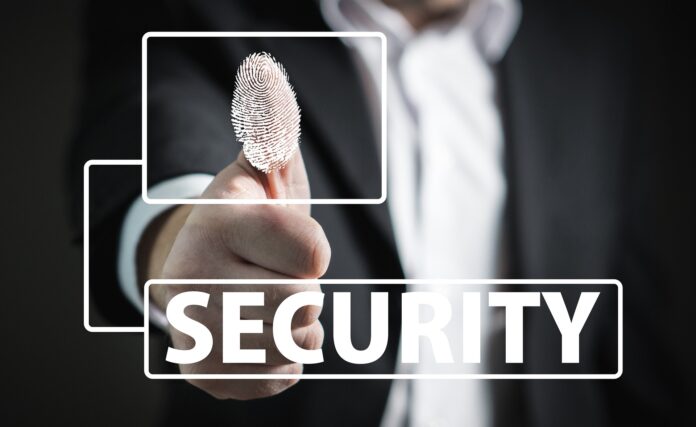Digital security is becoming among the most crucial concerns in the age of the internet. The advancements in this field, coupled with the security loopholes created by the COVID-19 pandemic, have led to an alarming increase in cybercrime.
From hackers using ransomware against big organizations to cases involving partners wanting to see what their boyfriends are doing on their phone using spy apps, about which you can read in guides, ensuring one’s safety online has become of paramount importance.
This article dives into the evergreen security measures one must take to ensure they’re safe from any instances of hacking or spyware in 2025. Read on to find out more.
5 Best Ways to Ensure Your Safety Online
1. Create Unique Passwords For All Accounts Or Use a Password Manager
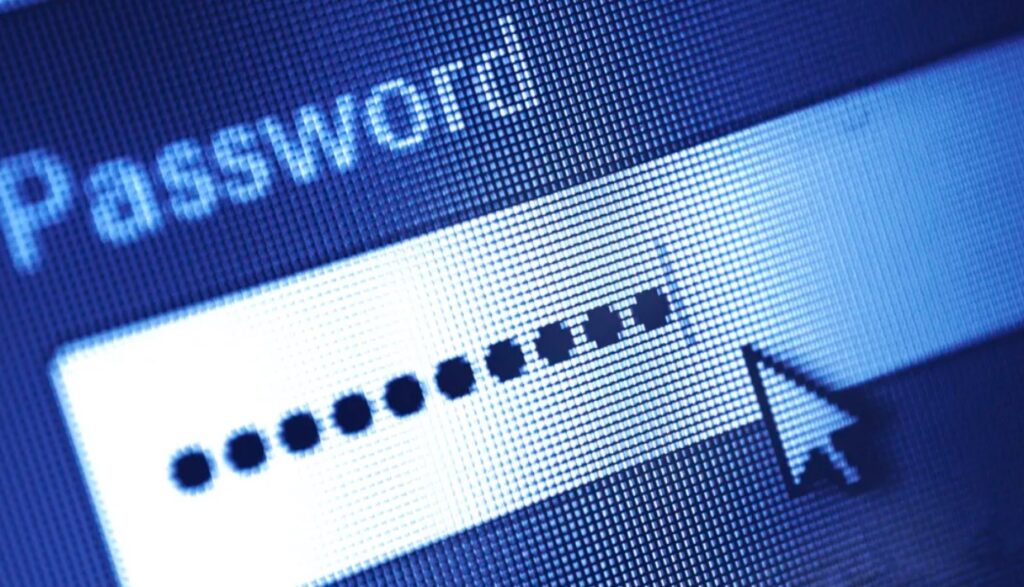
Create unique passwords for all accounts. Don’t use the same password on multiple sites. Try to use different passwords for different websites. Using a password manager will make it easier to remember and create unique passwords for every account. Some password managers are free, but some of the more popular ones are paid.
It is also a good idea to create different passwords for each website and app you use. This will ensure your information is safe from hackers. You should also check your account settings and make sure your account’s password is not easy to guess.
2. Refrain From Sharing Personal Data With Strangers Online
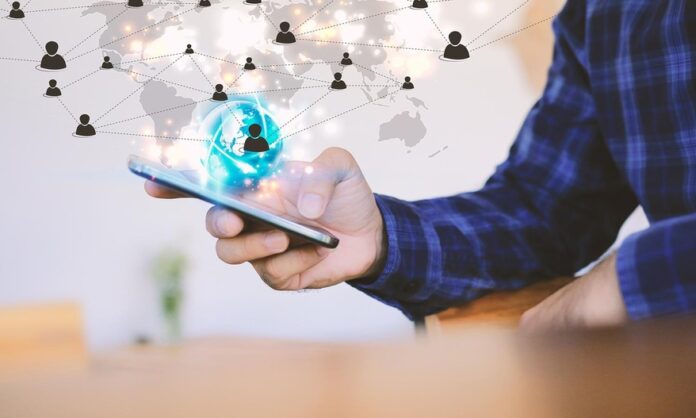
Another way to stay safe online is to be vigilant about your personal data. You should never share your personal information with strangers. Even though it may seem easy, it is best to keep your information private. It is very easy for people to gain access to your information and personal information. You can also set up your own security measures to keep yourself safe. If you’re worried about security, you should use an online VPN to hide your sensitive data. If you haven’t yet got a VPN, you should download one.
3. Avoid Public Wi-Fi Networks or Always Rely on a VPN

If you’re concerned about security on the internet, be cautious. The most important thing to do is to stay away from public Wi-Fi networks. These can be very unsafe, as they’re common shunting grounds for hackers looking for unsuspecting victims. You’re not only exposing yourself to cybercriminals, but you’re also risking your personal information. So make sure you’re careful and stay protected. There’s no need to risk your personal information. Instead, take the precautions needed to keep yourself safe. If you have to rely on a public Wi-Fi network, always use a VPN to ensure that you can browse in a safe bubble online.
A VPN works by creating a network within a network to ensure that nobody can access it to misuse your devices or personal information. In other words, it redirects your IP address through a remote server created by a VPN host.
4. Set Up Privacy Controls on Social Media
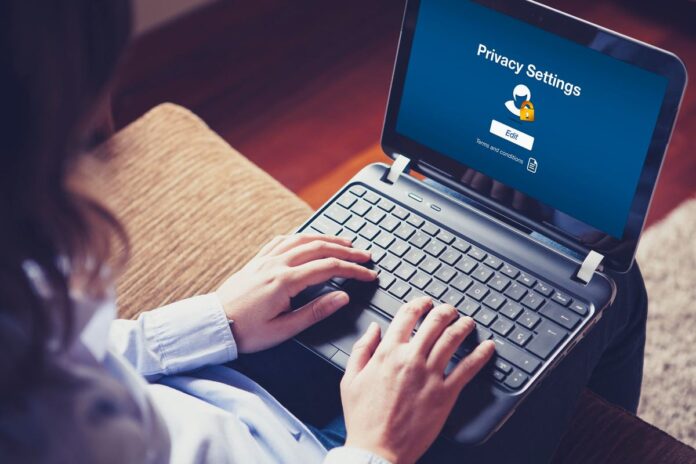
Besides using antivirus software and a good VPN, you should also protect yourself from social media. Social media can be very tempting but should be avoided. Not only do they encourage oversharing, but they also make it easier for data brokers to build profiles of you. This makes it easier for cybercriminals to target you. As a result, you should make sure that you set your profile to be private to protect yourself from this kind of abuse.
Apart from keeping your account locked on Facebook or Private on Instagram, you must also revisit your privacy settings every few months to ensure they’re enabled. This is essential, as every social media platform introduces new security measures or improves its existing ones from time to time. Check all the options that prevent people from being able to view or download your images, view your personal information, or the posts on your profile or timeline. These simple measures can go a long way in preventing crimes like identity theft which are quite common worldwide.
5. Enable Two-Factor Authentication On Your Online Accounts
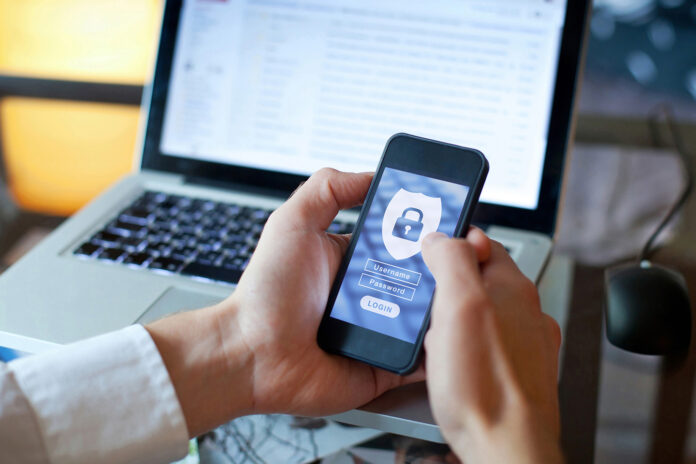
Despite being one of the simplest yet most effective security measures, many people often ignore two-factor authentication. This system creates a two-step login system for social media accounts that relies on sending an OTP (One Time Password) to your registered email ID or mobile number to authenticate your login attempt. As a result, even if someone manages to get hold of your password, the only way they’ll be able to log in to your account is if they also have access to your cell phone or your email inbox.
In Conclusion
As you can see, ensuring your safety in the digital sphere isn’t rocket science. It involves a few simple measures that take all but a few minutes to implement. The five crucial tips mentioned in this guide are essential to do so.
They can go a long way in keeping your devices safe from hackers or spyware. Websites that deep-dive into spyware to understand how they work and how they can monitor a target device, making it a great resource to educate yourself on the precautions you must take to protect yourself from this type of malware.
Never overlook your safety online, as it can often be the difference between your peace of mind and a huge amount of trouble.

